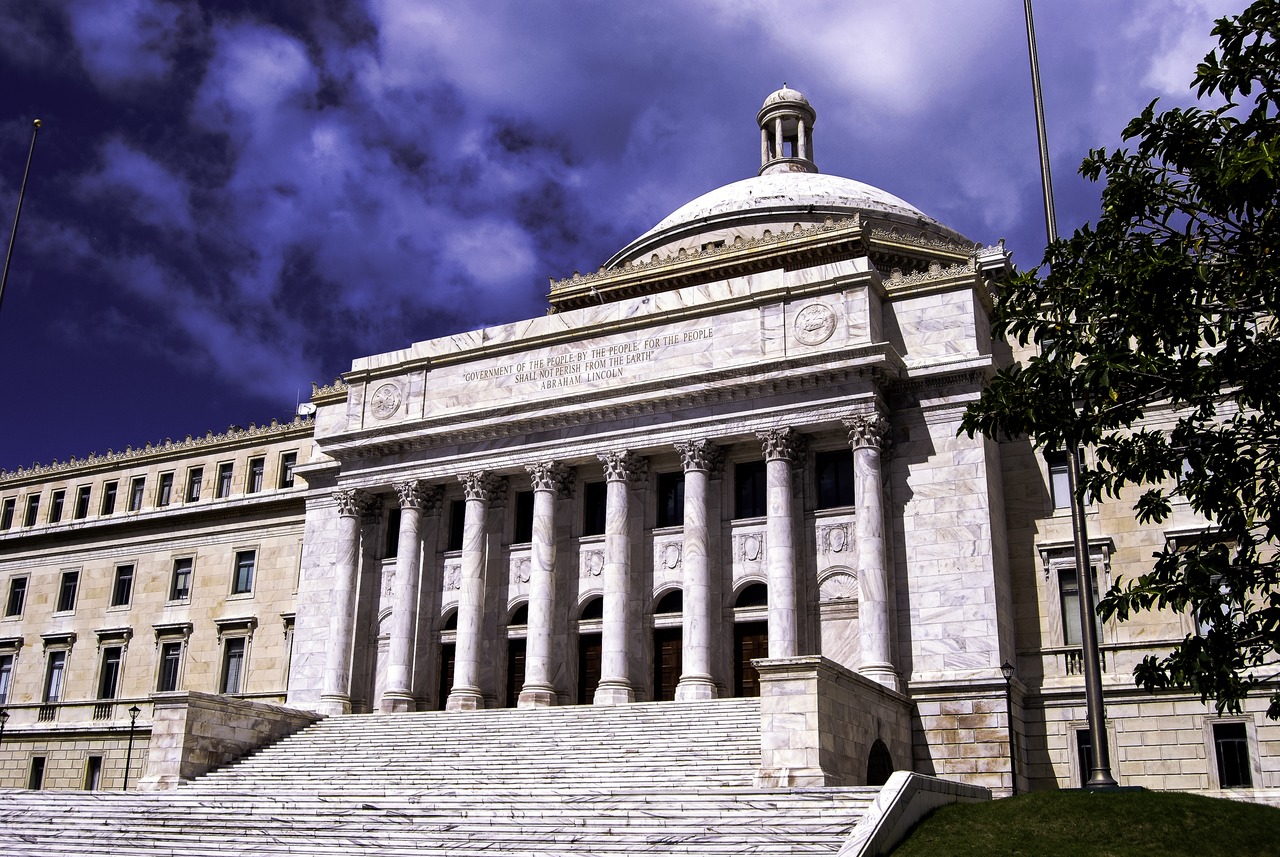
When thinking about international aid offered by the United States, one could probably point to Marshall Plan efforts to promote postwar alliances in Europe, or efforts in Sub-Saharan Africa to alleviate the spread of AIDS. However, the average American—common citizen and politician alike—seldom looks close to home. Puerto Rico currently faces tens of billions of dollars in debt, as well as severe health and unemployment crises.
Mexicans, Muslims, African-Americans, women, and people with disabilities have been subject to Donald Trump’s derision and hatred for the last year and a half. He has gone out of his way to degrade them on his path to the 2016 presidential election, and he has singled out these groups in myriad ways—whether calling them names, mocking their physical attributes, or proposing the complete ban of their entry into the United States. One might assume that any group of people to have escaped Trump’s disdain might not count themselves among the marginalized—the subaltern identities described above have experienced their fair share of hardship throughout American history. But Puerto Rico proves as an exception to this rule—although unmentioned by Trump, Puerto Ricans face significant struggle.
The Free Associated State of Puerto Rico has been all but forgotten by the Republican Party in the past several years. Trump’s inability to incorporate any aid to the American territory in his presidential agenda could, as highlighted by Alice Ollstein’s May article for ThinkProgress, even cost him the election. Regardless of party affiliation, one thing needs to be made clear to the American people and Congress—Puerto Rico needs help.
Time and time again, Republican senators have thwarted debt-restructuring efforts for Puerto Rico, and time and time again Puerto Rico has defaulted on debt payments. Puerto Ricans are hopeless without aid. Many Puerto Rican citizens, with no other options, have simply left their homes. Since a financial crash left the commonwealth financially crippled, sources of revenue have dwindled and it is all the government can do to keep the island afloat.
Donald Trump might soon feel the consequences of his choice to ignore Puerto Rico. On a bipartisan plan for debt alleviation, Hillary Clinton commented in May: “without any means of addressing the crisis, too many Puerto Ricans will continue to suffer.” In contrast, Trump does not support extending any aid to Puerto Rico—a territory still under the direct governance of the United States. Unfortunately for him, the vast majority of Puerto Ricans who have left the island —100,000 in the past year alone—have settled in the swing state of Florida. As American citizens, they have the right to vote in the general election, as long as they are residing in one of the fifty states.
Puerto Rico’s citizens face a major economic emergency, and those who have migrated to Florida may try to use their votes in the upcoming election to alleviate these problems. People are dying from a serious lack of services, local businesses are failing while multinational conglomerates buy property in San Juan, and the population is shrinking fast. Nearly 500,000 people, a substantial chunk of its population of 3.5 million, have emigrated in the past five years. The choice to help the island seems apolitical and morally clear. But perhaps Trump would rather see the situation from a strategic, political perspective.
Florida now has a Puerto Rican population of over a million. In some states, this figure may not matter much, but in this southern swing state it could be enough to tilt the election one way or another. And in this case, Floridian-Puerto Ricans have only one candidate in mind: Hillary Clinton.
Whether through Trump in the next few weeks, or in Congress soon thereafter, the Republican Party needs to open their eyes, ears, and hearts to Puerto Rico. This would mutually benefit the Republican Party and the island itself. Puerto Rico is no longer just in “bad shape”—it is in the midst of a humanitarian crisis. Hospital appointments are backed up by months, elementary schools lack electricity, and natural resources are underutilized. Just the other day, a helicopter company vowed to ground all air ambulances until the government pays its bills. Unfortunately, it cannot repay its debts alone.
So if Donald Trump’s heart falters, perhaps he can find reason to change his ideology on the basis of garnering votes, which he has certainly done before. If the Republican Party can incorporate Puerto Rican aid into their agenda, the people of Puerto Rico may potentially avoid one of the biggest crises in their history.
When a longtime neighbor is sick, run to the pharmacy—it’s common sense. Buy them some DayQuil, or Sudafed if they need it.
Puerto Rico is sick, and it’s worse than the common cold.

